Introduction
We know that the solar panels generate energy in the form of sunlight mainly. This is basically done during the day. Because of this, most of them ask how the solar panels will work at night. The answer to the question “How do solar panels work at night?” lies in the energy storage.
Well, in this post, let’s see how solar panels work. The role that an energy storage at night makes here is explained along with understanding how such panels can perform, both in day and in night time. Let’s dive into the expanding horizon of solar technology.
Basic Working Principle of Solar Panels
Solar panels contain photovoltaic cells, which convert sunlight to electricity. When sunlight falls on these cells, electricity is generated. This is called the Photovoltaic Effect which converts sunlight into electrical energy.
This process only works during the day because the solar panels require direct sunlight. So, do they just go inactive at night? The answer lies in the energy storage system attached to these solar panels.
The Role of Energy Storage
The excess power produced during the day by photovoltaic systems is stored to use at night. An energy storage system is one that stores electricity generated during the day by the solar photovoltaic and makes available the required electricity. The power is also especially when not in direct sunlight, say night time.
Steps in the Storage Energy Process:
1. Electricity Generation: Electricity is generated through sunlight during the day by solar panels.
2. Store Excess Energy: Any surplus energy produced by the panel at any given time is fed into a battery or any sort of storage.
3. Power supply at night: That is, when no sufficient sunlight is available to gain energy at night or because of cloudy conditions.
Reserve Power Systems with Solar Panel Batteries
The excess energy produced by a solar panel will be stored using a battery system. There are three types of batteries available: lithium-ion, lead acid, and flow batteries.
Lithium-Ion Batteries
These batteries are so popular because they last long and have an enormous storage capacity. The batteries fast charge and always have stored energy ready on a moment’s notice.
Lead-Acid Batteries
Lead-acid batteries are cheaper, but they don’t have a higher capacity of storage. They are not the best for long-term usage; however, many people use them because of budgeting.
Flow Batteries
Flow batteries are a recent technology that is applicable for large energy storage. They have the ability to store electricity for a long time with a low degradation rate, even after repeated charge-discharge cycles.
How Solar Panels Store Electricity?
The power generated is partly consumed by the home appliances and partly stored in energy storage units, such as a battery. Electricity is supplied from the battery to the house whenever it is not receiving it from the panels; that is, at night or when it rains.
For example, if your solar panel produces 100 units of energy during the day, and your house uses 60 units, then those remaining 40 units are stored. Then you use that 40 units of stored energy at night or during low-sunlight conditions.
Benefits of Solar Panels and Energy Storage
1. Reduced Electricity Bills: that’s one of the finest advantages of getting this installation, hence it reduces the huge spending from the bills of utilities due to its storage systems through the energy produced when your panels are on all throughout the day.
2. Backup Power Supply: With an energy storage system, you’ll have power even during outages or emergencies, which is especially beneficial in rural or underserved areas.
3. Economical Savings: The photovoltaic system and a storage system would entail lower cost in the long run. This would definitely entice you into it as you recover all that money within some time.
4. Environment Friendly: Solar panels and energy storage systems are environment-friendly. They release no pollution and represent an excellent example of renewable energy.
Also Read: Know Before Leasing or Buying Solar Panels !
The Future of Energy Storage
With the advancement in technology, options for energy storage are developing. Flow batteries and hydrogen fuel cells are likely to improve from here. In addition, new forms of battery technology exist, such as solid-state batteries, which are likely to bring significant change in terms of long-term energy storage capabilities.
Conclusion
Inside itself, it has the philosophy of how solar panels produce electricity at night. Their energy storage system is due to this because power in excess during the day time will be used during nights, leading to reduced electricity bills while being friendly to the environment. Moreover, it will act as an effective alternative source of backup power. In other words, it is not a part-time energy source-only available in the day-but rather, with energy storage, it meets our energy needs around the clock. Hence, installing solar panels is an investment which is valuable financially and environmentally.
FAQ’s
1: How do solar panels work at night?
At night, it does not generate electricity but whatever the extra the sun’s energy makes, is stored in an energy storage system that you can use when needed at night.
2: How much does a solar panel and battery system cost?
First and foremost, the price of purchasing a solar panel and battery system is very high. However, one saves electricity bills within a reasonable span of time, hence rendering it profitable.
3: Do solar panels work on cloudy days?
They are less efficient on cloudy days. But still, they generate some power. Now, at this point, such an energy storage system is very useful.
4: What type of battery provides the best energy storage?
General Use For long term use, Lithium-ion batteries are preferred but lead-acid batteries can be used if the cost is less.
Disclaimer: This research utilizes artificial intelligence (AI) to gather insights and support analysis on the topic.

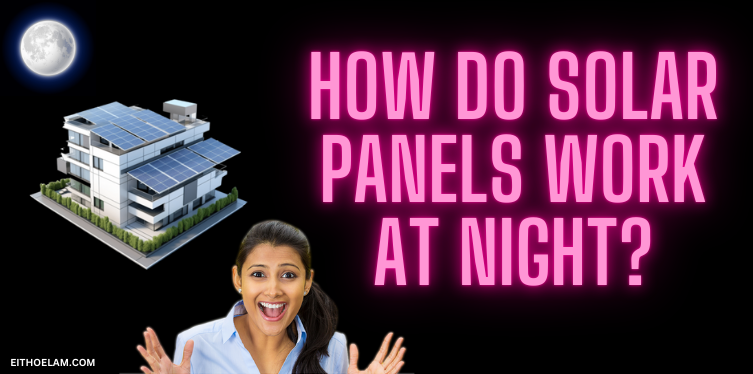

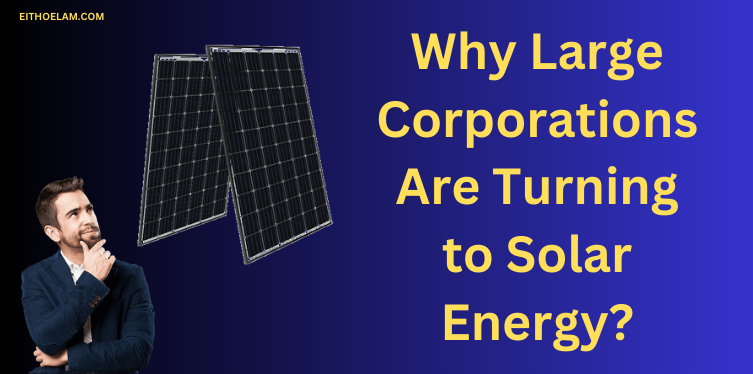

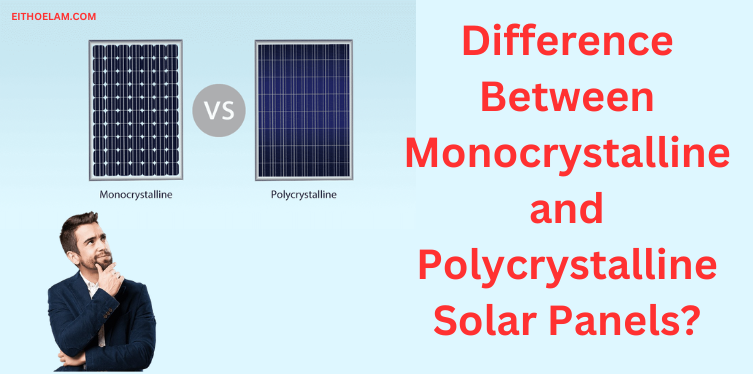

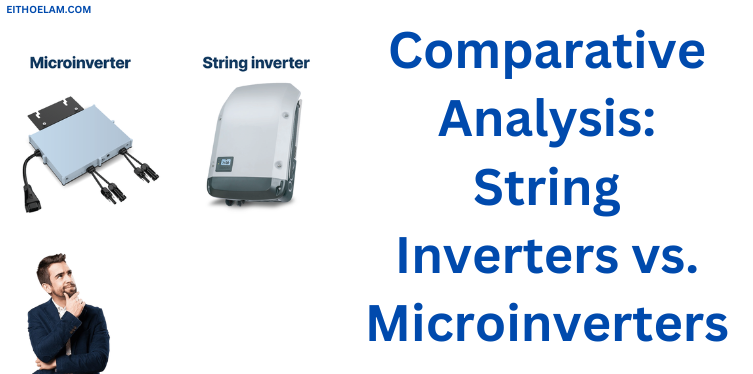
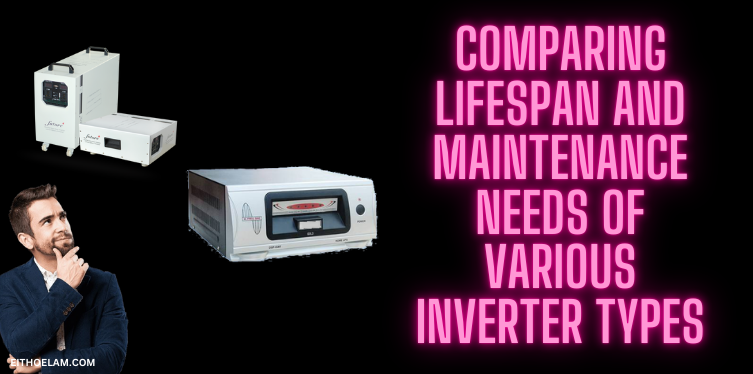
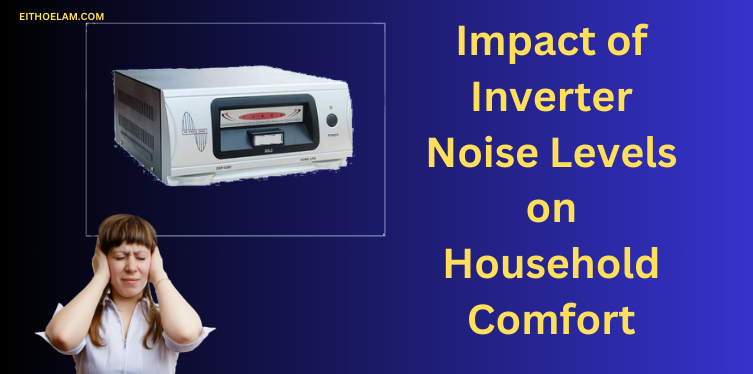
Leave a Comment